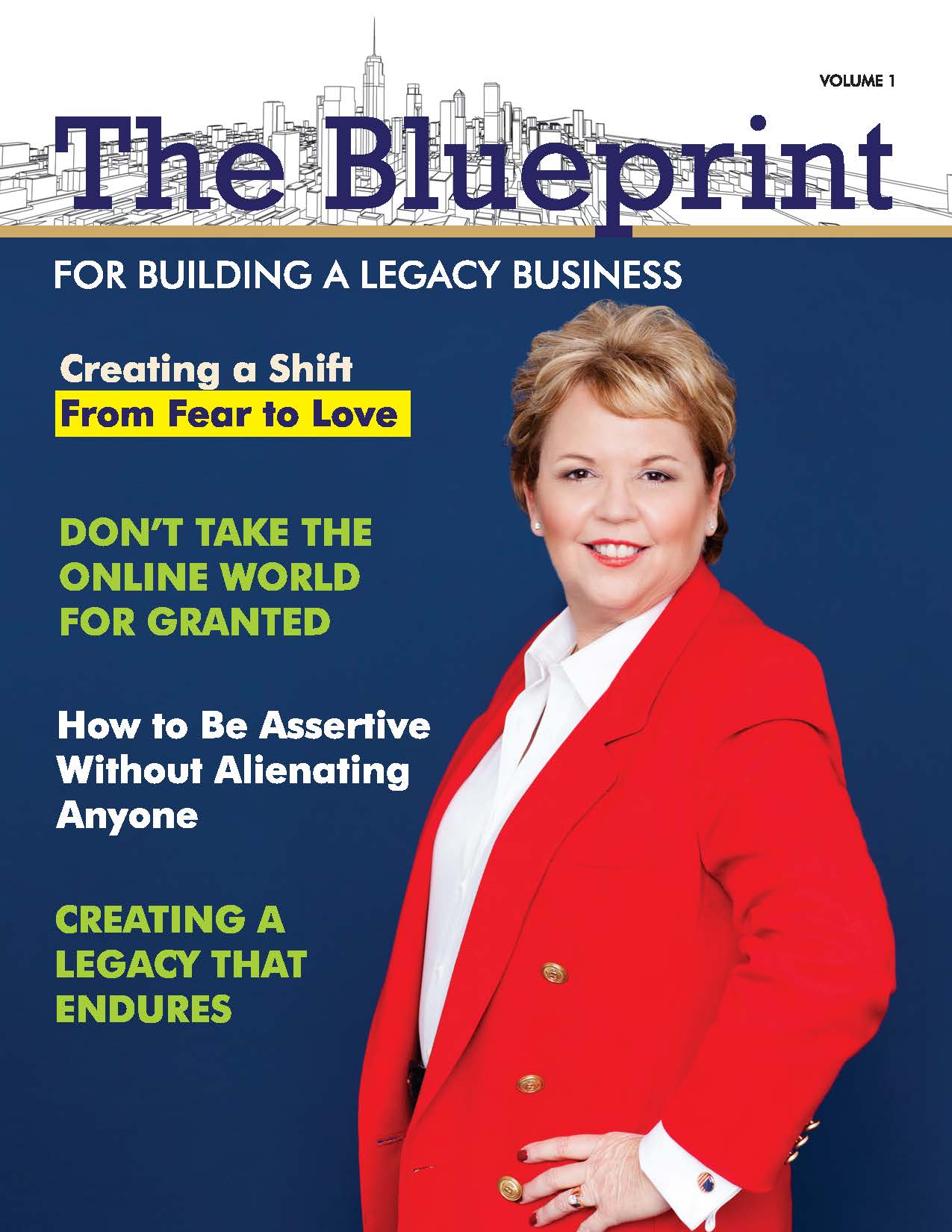Doing Business in Our Multi-Cultural World
By Dominique Vaughan-Russsell
 In the past 20 years the world has become smaller. Social media, new communication devices, and improved technology have made global distances virtually a non-issue for doing business and making sales. A non-issue, that is, unless you neglect to take cultural differences into consideration.
In the past 20 years the world has become smaller. Social media, new communication devices, and improved technology have made global distances virtually a non-issue for doing business and making sales. A non-issue, that is, unless you neglect to take cultural differences into consideration.
70% of international ventures fail due to cultural differences.
These statistics hold true even if you do business locally with people from cultural groups different from your own. You would be wise to invest some time into understanding their cultures as well as their needs as they relate to your products and services. You may not necessarily be doing business with people in another country, but with those from other countries. If you want their business, you have to understand their needs on many levels.
Some businesses learned this lesson the hard way.
Take Target, for example. Target seriously misjudged the Canadian market and the buying habits of its neighbours to the north. Lack of cultural intelligence lost Target $2 billion!
This applies to any business whether it be a multi-billion dollar corporation or a new start-up. Businesses at any level are comprised of human beings. It should therefore come as no surprise that the human actions, gestures, and speech patterns a person encounters in a multi-cultural business setting are subject to a wide range of interpretations, including ones that can make misunderstandings likely and cooperation next to impossible.
Being culturally intelligent involves using your senses to register all the ways that the personalities interacting in front of you are different from those in your home culture. Cultural intelligence also encompasses finding areas where similarities can create common ground. When conducting cultural intelligence training, we look for patterns that will help guide you.
Pay attention to nonverbal cues.
For example, when people from one particular culture consistently avoid eye contact, this does not mean they are all rude or evasive. Perhaps we need to look beyond our cultural norm and consider that eye contact may be deemed rude or aggressive in their culture and they are merely being polite and respectful towards you.
Similarly, the word “yes” or a nod often means “Yes, I hear you” in Asian cultures, not “Yes, I agree.” If you see a nod and assume your request will be carried out as asked, or move on to closing the sale, you may be completely frustrated when the task is not completed as expected, or frighten them off with what appears to them as being overly aggressive.
Invest time in building trust and establishing relationships.
In regards to signing contracts and finalizing deals, transaction-oriented cultures – mainly in North America and northern Europe – would be well advised to rethink their strategies when proposing business in relationship-oriented cultures which comprise most of the rest of the world. People from relationship-oriented cultures generally need considerably more time to nurture relationships and build trust. It’s important to observe a greater degree of formality when becoming acquainted. Assuming your regular fast paced business negotiations will win them over will leave you empty-handed and wondering what went wrong.
Natural CQ.
Occasionally we find people who have a seemingly natural ability to interpret someone’s unfamiliar and ambiguous gestures. We call that cultural intelligence or CQ. In a world where crossing boundaries is routine, CQ becomes a vitally important aptitude and skill, not just for international jetsetters, but for anyone doing business in our multi-cultural world. The good news is that CQ is a skill that can be learned.
To sum it all up…
Culture is the lens through which people view the world. Being able to view the world through the lens or perspective of the person you are interacting with will ultimately help you build bridges to better communication and more respectful, trusting relationships.
Vaughan-Russell International
vaughanrussell.com
dominique@vaughanrussell.com
416-804-7898

